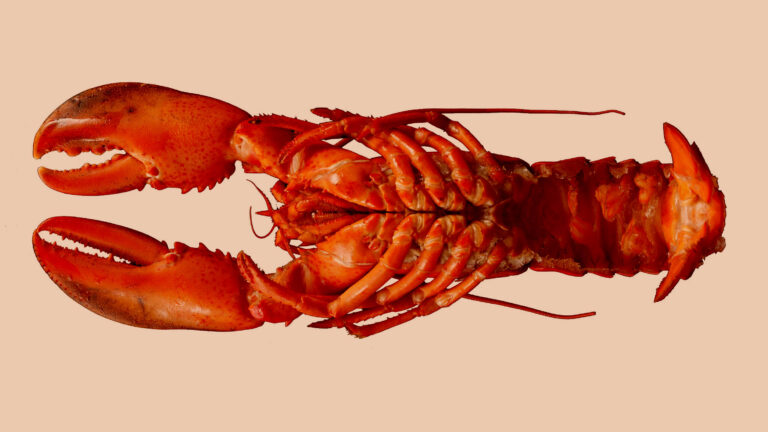
(Reuters) – Australia has stopped sending rock lobster to its biggest market of China after new Chinese customs inspections were imposed on the live seafood, an industry group and the Australian government said.
The new inspection delays come amid diplomatic tensions between the two nations, raising concerns in Australia that the live seafood trade will be the latest sector targeted for trade reprisals from Beijing.
Australia’s agriculture minister David Littleproud said Australia had “serious concerns” about the inspections that began on Friday, and Australian officials were working to get clarification from Beijing.
The rock lobster is being checked for trace elements of minerals and metals, he told ABC television, adding that the seafood had already been tested before it left Australia. He questioned “why this action is being taken against Australian rock lobster”.
The Seafood Trade Advisory Group said on Sunday most Australian exporters had stopped sending lobster to China because of the risk of delays caused by the increased import inspections in China.
“Whilst some cargo has been cleared, there are continued risks of delays while new processes are being implemented,” the group said in a statement.
“To mitigate this risk a decision has been made by the majority of exporters to stop sending shipments to China until more is known about the new process.”
In 2018/19, China was the destination for about 94% of Australia’s A$752 million ($527 million) in rock lobster exports, according to government data.
Tom Cosentino, executive officer at exporter Southern Rocklobster Ltd, said he believed it was “a stretch too far to say this is related to any trade dispute”.
“We will find out a lot more today about the new screening processes,” he told Reuters.
China has been angered by Australia’s call for an international inquiry into the origins of the coronavirus, and this year imposed dumping tariffs on Australian barley, suspended some beef imports, commenced a dumping investigation into Australian wine and changed conditions for Australian cotton.






